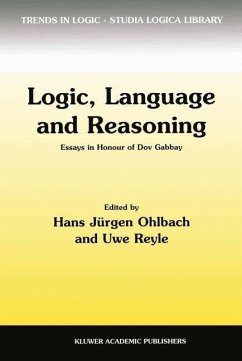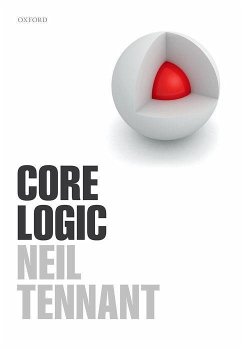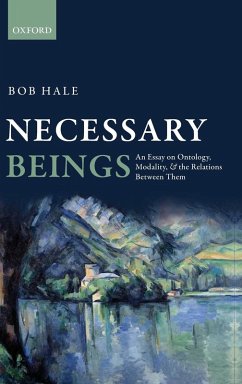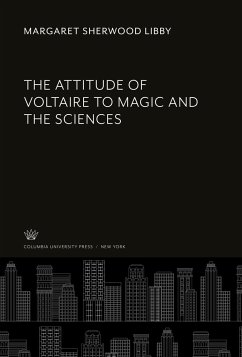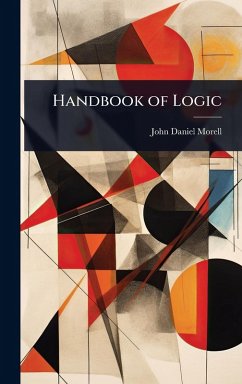
Reasoning with Attitude
Foundations and Applications of Inferential Expressivism
Versandkostenfrei!
Versandfertig in über 4 Wochen
122,99 €
inkl. MwSt.
Weitere Ausgaben:

PAYBACK Punkte
61 °P sammeln!
Certain combinations of sounds or signs on paper are meaningful. What makes it the case that, unlike most combinations of sounds or signs, they have meaning? What is this meaning that they have? And what is it to understand this meaning? The traditional answers to these questions are based on the idea that words stand for something, but it is difficult to say what words such as good, if, or probable stand for. This book advances novel answers based on the idea that words get their meaning from the way they are used to express states of mind and what follows from them. It articulates a precise ...
Certain combinations of sounds or signs on paper are meaningful. What makes it the case that, unlike most combinations of sounds or signs, they have meaning? What is this meaning that they have? And what is it to understand this meaning? The traditional answers to these questions are based on the idea that words stand for something, but it is difficult to say what words such as good, if, or probable stand for. This book advances novel answers based on the idea that words get their meaning from the way they are used to express states of mind and what follows from them. It articulates a precise version of this idea, at a time when the shortcomings of the traditional answers are hotly discussed.




